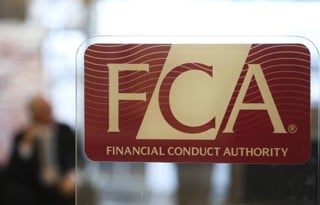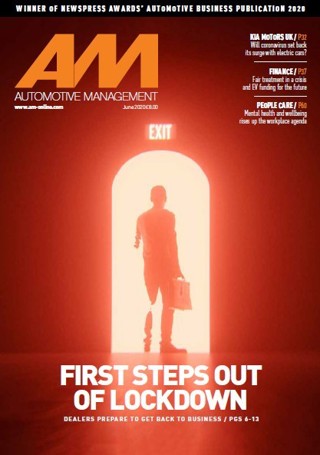Automotive Services International (ASI), a company which analyses and researches car manufacturer finance incentives, has said automotive finance payment deferrals introduced during the coronavirus pandemic could see customers incur unintended costs.
The Financial Conduct Authority (FCA) asked finance houses to introduce three-month payment freeze facilities from April 27 to give some breathing space to consumers who have suffered unexpected temporary financial stress since COVID-19 forced the UK’s lockdown.
Tashfin Osmani, senior analyst at ASI, said that while the need for payment deferrals may entirely be justified by the customer’s financial situation caused by the current lockdown, “the customer should not be under any illusion that it will take on additional cost in any revised car finance agreement”.
Osmani told AM: “How much additional cost will depend on each individual customer’s circumstances, but it also depends on the choices the customer makes in conjunction with the finance company when discussing a revised agreement.”
For example, Osmani outlined that some finance companies may decide to charge the customer interest for the three months of the payment deferral holiday.
Depending on how much the customer has borrowed, this could be anything from around £50 to £100 extra each month.
The customer does not have to pay it back right away, but it will have to be paid back eventually. If the interest gets deferred to the end of the revised agreement (which could be in a couple of years), that interest charge will keep going up.
Finance companies could also look to claw back deferred payments through the schedule of the normal monthly payments.
Osmani said: “The key decision here for the customer will be to decide if they want to keep to the original end date of the agreement or they are happy for the finance agreement to be extended by three months.
“If the customer wants to keep to the original end date, then there will be more to pay in future monthly payments to compensate for the three months payment holiday.
“Given that the customer’s financial position may still be precarious at the end of the payment holiday period, this will undoubtedly be a difficult option for some customers to take, but not doing so may actually incur further unintended costs.”
Indirect consequences of customers requesting payment deferrals
Osmani said that for most customers on finance agreements, any extension of that agreement by three months could trigger further additional costs that they may not have had to pay if the agreement ended on its original date.
This could include annual servicing, MoTs, road tax, car insurance, extended warranties and breakdown cover costs, with a combination of some or all of them.
Osmani said: “For example, if a customer bought a new car on a three-year PCP deal, the customer may yet have to pay for a MoT test even allowing for the government offering all vehicles a six-month exemption over the next year.
“The test itself might only cost £50 or so, but it could potentially get much more expensive if the inspection reveals that the customer needs new tyres or any repairs to keep the car legal.
“Similarly, a customer on a PCP deal may want to give the car back to the dealer or part exchange just before its next service is due.
“However, by extending the finance agreement by three months, the customer now finds out that the car service is actually now due as per the manufacturer schedule.
“So again, this could easily cost hundreds of pounds that the customer is now on the hook to pay as well.”
Implications for finance companies
Osmani said finance companies will have to tread very carefully in not only taking on board payment deferral guidance issued by the FCA, but also to make sure all solutions are offered short of hostile terminations resulting in vehicles being taken away.
While the latest FCA guidance states that the finance company must avoid forcing customers to hand back their cars due to payment deferral requests or because they can’t afford to pay the final Balloon payments, there is no reason to stop the repossession of vehicles once the 90 day deferral period ends.
That is unless the FCA decides to extend these deferral provisions from April 27, 2020 for a longer time period at their next review meeting.
Osmani suggested voluntary terminations of finance agreements might be a solution for customers that need to remove the financial burden of the monthly payments for vehicles, or have found them in a situation where having an additional car in the household may no longer be relevant, depending on whether they have found themselves out of work due to the pandemic.
Osmani said: “In the current economic situation, voluntary terminations can be requested by the customer if they have already paid more the 50% of the total amount payable as listed in their finance agreements.
“So as long as the car has been kept within mileage limits and there are no “fair and wear” tear issues with the car, the customer can return the vehicle back to the dealer with no questions asked, or cost incurred.
“Clearly this is a nightmare scenario for the finance companies as they will be hit by both a significant shortfall in the forecasted monthly payments from their loan book and a depressed used car market where they may be unable to make up that shortfall in those payments even after auctioning those vehicles that have been handed back to them in significant numbers.”





















Login to comment
Comments
No comments have been made yet.